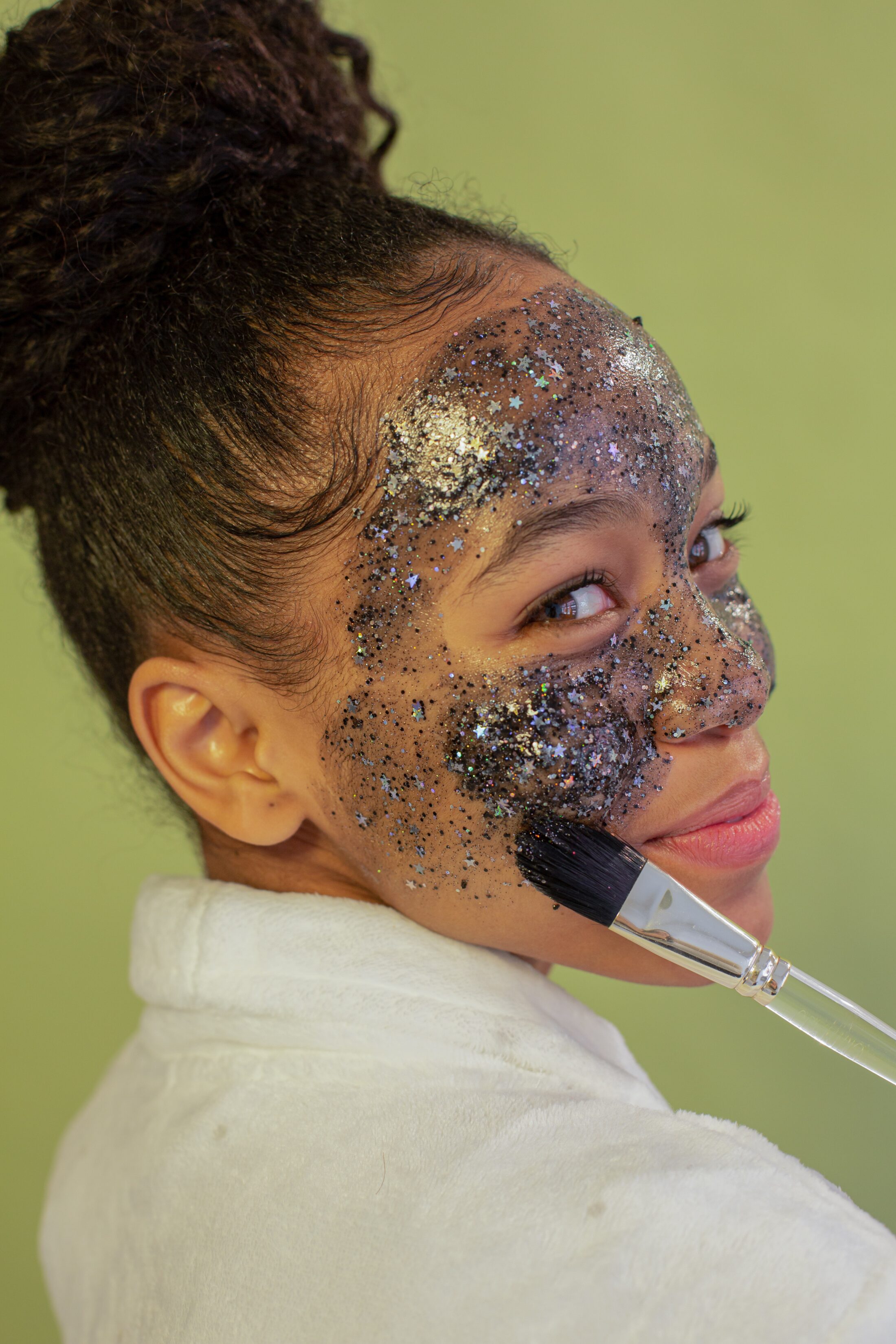

Do you have your skincare routine perfected? Good. However, don’t forget to include exfoliants in your regimen! Exfoliation is a key factor in achieving a vibrant and healthy complexion. Most individuals immediately think of scrubs with beads or other particles when it comes to exfoliating – but there are even more options available for polishing skin cells away from the surface of our skin.
As we age, our skin cell regeneration rate slows down and dead cells accumulate on the epidermis. To counteract this natural process, an exfoliant can be used to dislodge these cellular build-ups from the upper layers of your skin. Hydroxy Acids, physical exfoliants, enzymes and Retinol are known for their efficiency in boosting your dermal turnover time back up to its original cycle.
Chemical exfoliators such as Salicylic Acid, Glycolic Acid, Retinol and enzymes are powerful tools to smooth the skin. Hydroxy Acids weaken dead cells on surface level while Enzymes devour them from within. Moreover, Retinol intervenes by breaking down bonds between living cells for a thorough shedding of the stratum corneum layer. With these potent ingredients at your fingertips you can treat yourself to an effective cellular scrub.
Utilizing a gentle, superficial exfoliant permits you to remain in the uppermost layer of your epidermis or stratum corneum. In contrast, if you receive light chemical exfoliation, there is no guarantee that any skin sloughing will occur.
Skincare experts have the upper hand with superficial chemical exfoliants that can influence a part or entirety of the epidermis down to its basal layer, resulting in slight peeling. As a general rule of thumb, you should get one facial every 30 days depending on your skin’s response to it.
By undergoing a peel that targets the dermis, you can expect longer recovery time and should plan for no more than three to six months between treatments.
To rid your skin of dead cells, physical exfoliants are an effective option. They include beads, nut powder or seed powder that manually scrub away the outer layers of the dermis. However, those with acne-prone and sensitive complexions should exercise caution when using this method since overuse can cause irritation to their delicate skin.
In addition, most exfoliating products contain polyethylene beads – tiny plastic pieces that are detrimental for our planet’s health. Because of this pressing issue, microbeads were prohibited in July 2018 worldwide.
Sustainable Shades For many DIY enthusiasts and design aficionados, a fresh coat of paint is…
Cruelty-Free Solutions for a Healthier You Chronic inflammation can be a relentless foe, disrupting our…
Unleashing Your Brain's Potential In today's fast-paced world, maintaining sharp mental focus and cognitive agility…
Exploring DIY Organic Makeup Fixers For the eco-conscious beauty enthusiast, the quest for flawless makeup…
A Sensitive Exploration The clean beauty movement has taken the beauty world by storm. Consumers…
Taming the Mane Frizz – the bane of smooth hair dreams. It can transform a…
This website uses cookies.